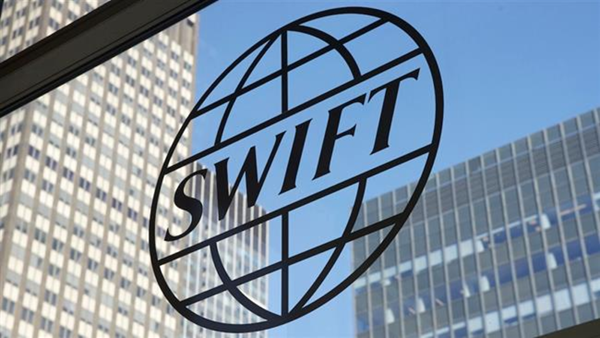Kremlin claims SWIFT promises to continue working in Russia
The Russian Central Bank does not see the risks of Russia being disconnected from the system of inter-bank payment SWIFT, said the first deputy chairperson of the Russian Central Bank, Olga Skorobogatova, during the meeting of the State Duma Committee on the Financial Markets.
"At first, they speculated a lot about SWIFT, then it spilled over to Visa and Mastercard. From SWIFT point of view, a similar situation was in 2014, when some EU deputies spoke about it. We have direct contact with SWIFT, their Moscow office and SWIFT's headquarters, and we have received a confirmation that SWIFT will operate on a regular basis, without any problems, and we do not see any risks at this time," she said.
According to Skorobogatova, if such a scenario is implemented, intra-Russian payments can be easily transferred to Russia’s Financial Message System (SPFS). "As for the cards, we have NCPC (National Payment Card System), which gives the ability to handle all operations inside Russia," the deputy chairperson of the Russian Central Bank said.
Amid Russia's deployment of troops to the Ukrainian borders, a group of European Parliament MPs proposed to disconnect Russia from SWIFT, stop the completion of the Nord Stream-2 gas pipeline, stop importing oil and gas from Russia, and freeze the European assets of "oligarchs close to the Russian authorities" and cancel their visas. In the draft resolution the European Parliament stated that these measures are proposed to be taken if "Russia’s military presence turns into an invasion of Ukraine."
The EU High Representative for Foreign Affairs and Security Policy, Josep Borrell, noted that the European Union has no authority over SWIFT, as it is a private international organization.
The situation in the Donbas escalated in March. The New York Times wrote that 4,000 Russian troops were deployed to Ukrainian borders, including in the Rostov, Bryansk and Voronezh regions, as well as in annexed Crimea. In total, according to the newspaper, 28 battalion tactical groups of the Russian Armed Forces are located along Ukrainian borders.
Russian presidential spokesman Dmitry Peskov said in response to the publication that the movement of Russian troops does not threaten other states and should not worry them. He added that Russia is implementing "necessary measures to ensure the security of its borders".
The Russian Defense Ministry claimed that the movement of troops is part of the exercises.
